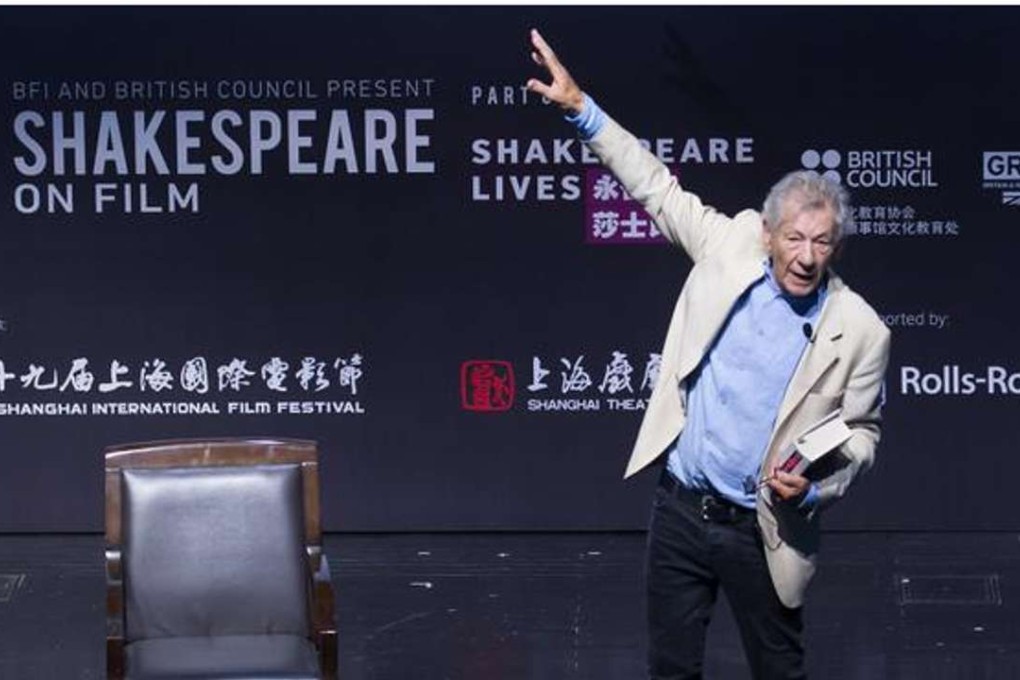Why China’s love affair with Shakespeare endures
It’s had its ups and downs but, 400 years after William Shakespeare’s death, China’s affinity with The Bard is as strong as ever.

FEW DEATHS (AND LIVES) can have been more celebrated. William Shakespeare shuffled off this mortal coil 400 years ago in April, and a veritable feast of performances, screenings and festivals have been popping up around the globe to celebrate the life of The Bard and mark the quadricentennial of his passing.
China has been no exception, which is perhaps unsurprising, given the nation’s predilection for all things British (Chinese companies have in recent times swallowed up everything from British cereal brands to London cabs).
The Royal Shakespeare Company (RSC) performed Henry IV (parts one and two) and Henry V in Shanghai and Beijing before arriving at the Hong Kong Arts Festival in March. Last month, knighted British actor Ian McKellen visited the Shanghai International Film Festival to introduce a series of classic film adaptations of Shakespearean plays, including his own Richard III. And this month, the Hallé Orchestra has been performing pieces based on Shakespeare’s songs in Wuhan, Shanghai and Beijing. If that were not enough, the British government has paid for a Chinese translation of the complete works of Shakespeare – and for performances based on the new texts.
The efforts are aimed at promoting British creative industries and finding new market opportunities in China, according to Carma Elliot, director of the British Council in China, whose agency is working with the GREAT Britain campaign – that upper-cased promoter of soft power seemingly unafflicted with the national tendency for understatement – to implement a year-long “Shakespeare Lives” programme in China.
When the play finished, we all remained transfixed. Possibly we had crouched for too long in front of the nine-inch screen … but perhaps we had undergone a spiritual shock, an experience of catharsis that we had never had before
But Shakespeare doesn’t really need the hard sell in China. Statistically, his works are more popular there than in his home country. Of 1,043 people in China surveyed by the British Council last year, 68 per cent said they liked Shakespeare, compared with 59 per cent in Britain and 55 per cent in Hong Kong. Asked whether Shakespeare was still relevant, 76 per cent said he was, compared with 57 per cent in Britain and 61 per cent in Hong Kong.